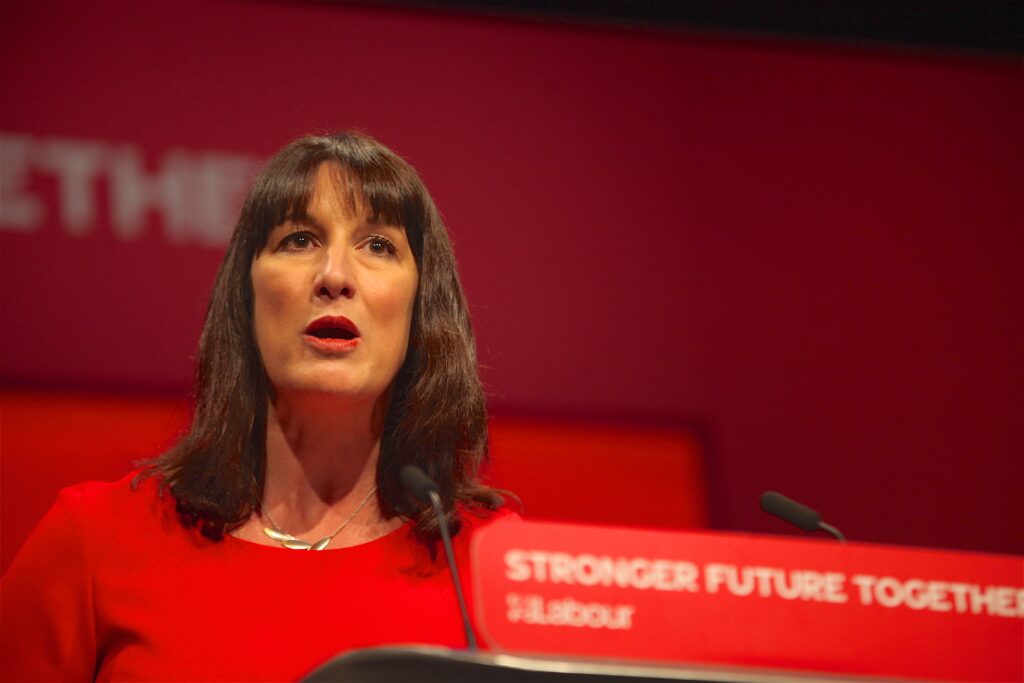The election is looming ever closer. The major parties find themselves in unfamiliar territory, with the rapid rise in popularity of parties such as the Greens and UKIP meaning that they must fight on two fronts. However, a flick through the 2015 general election manifestos suggests that although the political landscape is changing, the prevailing mode of economic development remains steadfast.
These were not manifestos to excite those interested in local socio-economic growth. Indeed, they have shown us that there is still a long way to go to ensure that economic development recognises social as well as economic growth. We need concerted efforts to create resilient localities that demonstrate holistic economic growth, strong labour markets and skills, and enable socio-economic inclusion by promoting equality of opportunity.
Devolution featured prominently in the manifestos, which shows that there is a consensus that local government should have a greater role in decision making, co-ordinating and delivering services. However, there are fundamental issues with what is being proposed. There is a patchwork approach to devolution, with a focus on city regions, whilst accountability and the role of devolution in generating positive social outcomes is largely ignored. Devolution must be more geographically inclusive and seek to secure socio-economic benefits for all.
The conversation around public service delivery within the manifestos focused on the ever-decreasing resources with which they have to operate. However, it is equally important to ensure that public services are more reflective of user demands and based around joined up approaches with a focus on wider socio-economic and environmental benefits. There have been tentative steps to recognise the importance of joint working, but ideas around social value, person-centred services and co-production were not developed.
The manifestos also refer to the creation of a skilled workforce, with a focus on increasing the volume and quality of apprenticeships. However, it is necessary to ensure that localised models of training, delivered through partnership working are introduced. This will allow local government to take a long-term view of skills needs.
Finally, the manifestos also make references to town centre regeneration. Unfortunately, these were all rather brief, and the only fully detailed scheme, the seaside regeneration plan follows the traditional retail-led physical redevelopment route. This orthodoxy does little to develop a strong local economy, with a resilient town centre. There needs to be a partnership of commercial and social sectors which is able to act on local needs regarding employability and skills and health and wellbeing.
The 2015 general election manifestos fail to show commitment to wholesale, soundly conceived political and economic change across local government. There is limited consideration given to the role of the social economy in economic growth initiatives. Furthermore, the majority indicate that public sector austerity will continue in the next parliament.
This philosophy which assumes that capital investment coupled with efficiency cuts will benefit the local economy, fails to deliver the level of socio-economic growth needed for the majority to benefit. To achieve inclusive economic growth we need to create a double dividend strategy, whereby local communities are part of the system that creates success.
- Read CLES’ analysis of the party manifestos

















Well said, and right on target. Thanks!